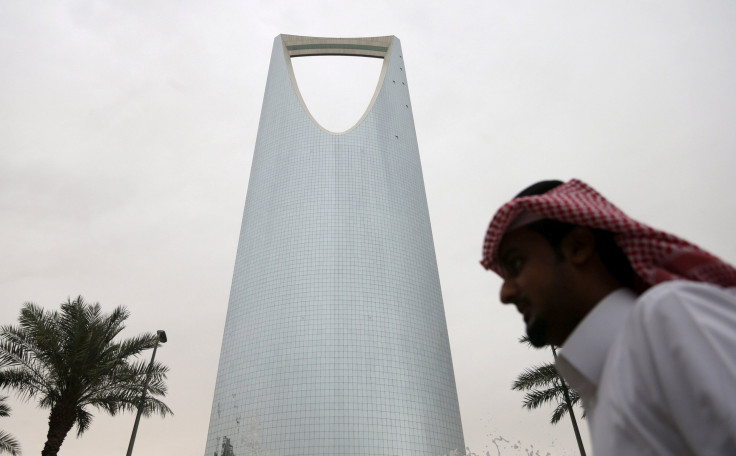Saudi Prince Flogged: Royal Family Punished With Lashings Under Sharia Law

A court in the Saudi Arabian coastal city of Jeddah sentenced a prince from the ruling Saudi family to lashes in prison, the country’s Daily Okaz newspaper reported. The brief news report did not specify the identity of the prince, or his criminal offense.
The prince’s punishment is unusual and made global headlines as Saudi Arabia has vowed to uphold a justice version of Sharia law, regardless of social status. Lashings are generally reserved for dissidents or militants with ties to the Islamic State group, according to local media reports. Under Saudi Arabia's Islamic legal code, drug trafficking, armed robbery and rape are all punishable by death.
“The news circulated on a large scale as a result of the execution of just law, which does not differentiate in its application… for those convicted and the equality of its implementation, no matter who they are,” the Daily Okaz wrote in a Wednesday brief, noting that Saudi citizens had been “interacting with the news through social media” and that “the majority have commented… on how Saudi Arabia adheres to the application of modern law.”
The flogging came weeks after the kingdom executed Prince Turki bin Saud al-Kabir, most likely by beheading, for fatally shooting a civilian in a street fight, making him the first member of the royal family to be executed in more than 40 years.
The incident triggered a wave of enthusiasm from Saudis, who flooded Twitter with praise for King Salman Ibn Abdulaziz al Saud, using an Arabic hashtag that translates roughly to “Decisive Salman orders retribution for prince.”
“The Ministry of Interior confirms to everybody that the government… is keen to keep order, stabilize security and bring about justice through implementing the rules prescribed by Allah Almighty on whoever violates the sanctity of civilians and commits bloodshed,” the Saudi state news agency announced on the day of the Oct. 18 execution, adding that the government “warns whoever dares to commit such a crime that the Sharia penalty is waiting.”
The Saudi government’s seizing on the popularity of its equal application of criminal justice has somewhat diverted criticisms of royal family members’ lavish lifestyles—despite the country’s recent economic struggles. While the price of oil, a major driver of the Saudi Arabia’s economic growth, has remained at around half of early 2014 levels, Deputy Prince Mohammed bin Salman demonstrated that the ruling family has been living rather comfortably when he purchased a $550 million, 440-foot yacht last year. The prince’s splurge caused a torrent of criticism on the very same platform where Saudis later praised the execution of one of his relatives.
Saudi King, Salman Ibn Abdul-Azīz says: "No royal is above the law." Establishing punishments with justice:https://t.co/4f0qTyi2YR
— Abu Khadeejah SP (@AbuKhadeejahSP) October 19, 2016
© Copyright IBTimes 2025. All rights reserved.






















